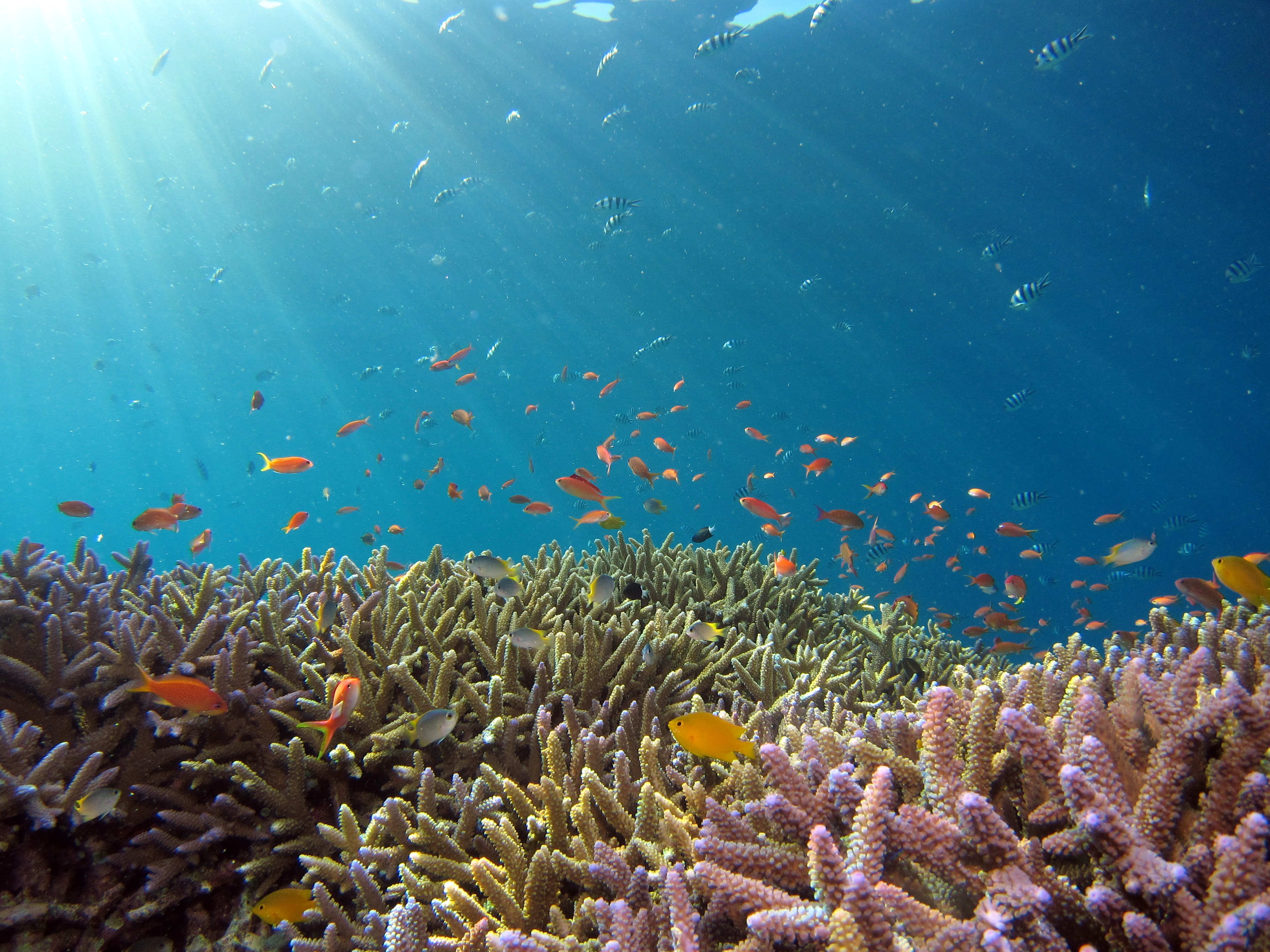
AI for Coral Reefs 2
Use Computer Vision to segment coral reefs in benthic imagery and measure long-term growth or loss of coral cover in marine protected areas
Premium participation: Get 1-on-1 Mentoring & Guidance
Try a free mentoring sessionWhy Coral Reefs Matter
Coral reefs are vital ecosystems covering just 1% of our ocean's floor, yet they support over 25% of our marine life. These underwater wonders protect coastlines, provide livelihoods, and offer recreational opportunities. They are a source of food and new medicines, supporting over half a billion people. Healthy coral reefs act as natural barriers, shielding coastal communities from storms and erosion. The net economic value of coral reefs is estimated at tens of billions of dollars annually. Additionally, these ecosystems hold immense cultural importance.
Unfortunately, coral reefs are at risk. More than 50% of coral reefs and 85% of oyster beds worldwide have been lost or severely damaged. Without intervention, nearly all reefs will be at risk by 2050. The primary culprits are climate change, overfishing, and direct human impacts.
The solution to saving coral reefs hinges on reducing global greenhouse gas emissions and addressing climate change. A 1.5°C temperature rise could help some reefs adapt, but a 2°C increase would devastate 99% of them. This challenge requires political and economic transformation. Marine biologists play a vital role by monitoring coral health, biodiversity, and water quality, as well as tracking coral bleaching and disease outbreaks. They also study coral genetics to identify resilient species for restoration. Additionally, they monitor ocean conditions and fishing practices to protect these ecosystems. Their work provides critical data for informed conservation decisions, underscoring the urgency of preserving coral reefs.
However, marine biologists face significant challenges, including the vast scale of monitoring efforts, high costs, and time-intensive data collection. Here, Artificial Intelligence (AI) emerges as a powerful ally, capable of automating and accelerating their work. AI-driven solutions can process large datasets, detect anomalies, and provide real-time insights, allowing scientists to make informed decisions swiftly and effectively in the critical mission to protect coral reefs.
Info session
Today's technology enables us to explore the ocean in systematic and noninvasive ways. Reef Support develops cutting-edge products and services for marine monitoring and ocean-based science. Their software streamlines marine protected area monitoring and environmental impact assessments, facilitating better coastal and marine ecosystem management. Reef Support believes in the power of technology and creativity to push the boundaries of ocean research and conservation.
AI for Coral Reefs Challenge - Join the Quest for Conservation
By using computer vision to segment coral reefs in benthic imagery, we can measure long-term growth or loss of coral cover in marine protected areas.
In this Challenge, we will
- Utilise underwater imagery for training cutting-edge models
- Build classification models specialised in detecting coral segmentation
- Explore chained model approaches using state of the art unsupervised segmentation methods
Technologies we will use
- Colour enhancement
- Image classification
- Image Segmentation
- Transfer learning
Are you ready to make a difference? Join the mission to harness the power of Artificial Intelligence for coral reef conservation. By participating in this challenge, you will contribute to the preservation of these critical ecosystems and support marine life around the world.
Who are we looking for?
We are looking for data science & AI engineers, previous work with computer vision and model deployment would be of great benefit.
You will collaborate with a diverse team of up to 50 international collaborators in subteams. You can join as a contributor (8-12 hours per week commitment for 8 weeks) or coach (2-4 hours per week, only for experienced ML professionals)
We’ll organise a masterclass on coral classification and image segmentation with AI during the challenge to bring you up to speed.
Did you know
🌊 Coral reefs are essential for over a billion people as a significant food source.
🌏 Coral reefs generate an annual value of $9.6 billion USD in tourism and recreation.
🌊 Healthy coral reefs serve as a natural barrier against pounding ocean waves and disasters.
Timeline
Application Deadline: 12 November 2023
Challenge Kick-off: 14 November 2023
Midterm Presentations: 13 December 2023
Final Presentations: 30 January 2024



